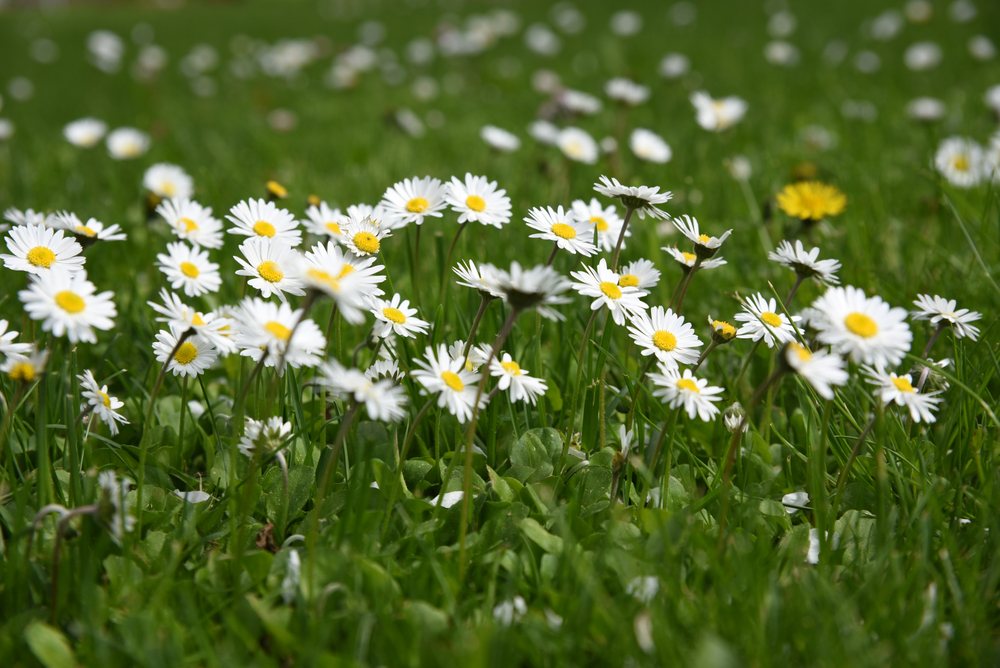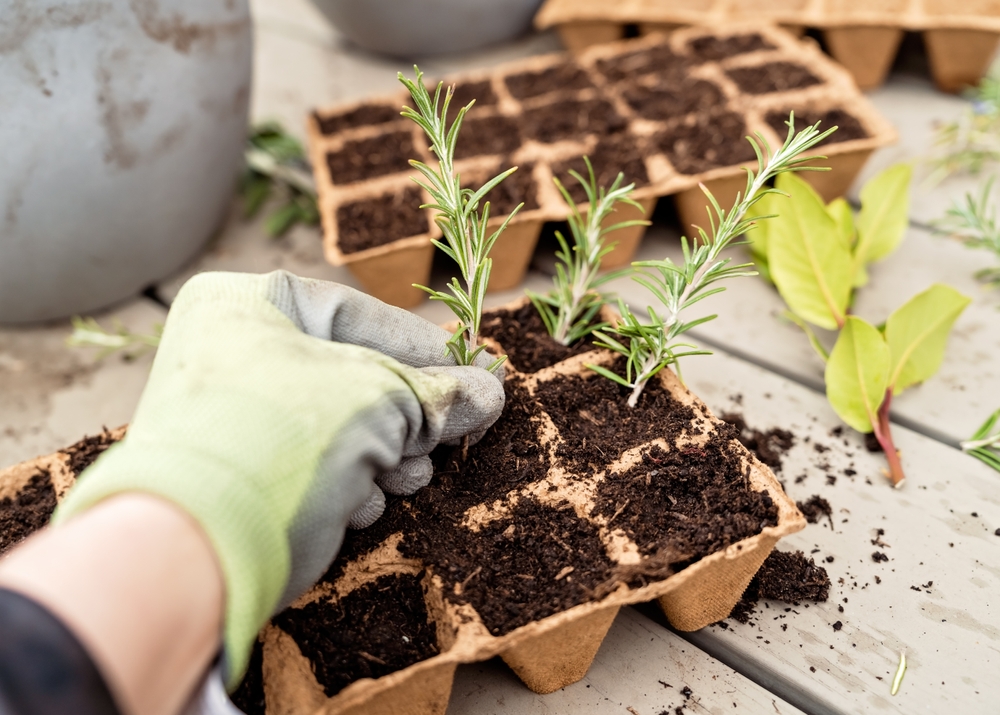If you didn’t mow in May, you will have a few jobs to be getting on with now – but think twice before you hit the weedkiller, says Pete Harcom

If you followed the No-Mow-May idea last month, the weeds in the lawn and borders will now be needing your attention!
Daisies in a lawn can look very attractive – they are also a great plant for pollinators and the flowers are full of pollen and nectar. The common daisy, (Bellis perennis) is also known as Bruisewort, used for centuries to treat bruises and relieve the discomfort of rheumatism and aching joints. Other weeds, such as dandelions, you may wish to remove by hand, rather than using a spray herbicide. There are various weed-pulling tools on the market that can make that task much easier – and there are lots of reviews on the internet and YouTube that can help you decide which one!
How’s your H2O?
June is a good time to evaluate water use, and the need for water in the garden. Rather than using mains water (possibly a limited resource nowadays), try to save and use rainwater where possible. This has the added benefit of reducing your water bill!
Water butts are a must, and can be easily attached to downpipes on houses, outbuildings, sheds – or any sizeable surface area with a slope!
Coming in all shapes and sizes, there are many options to choose from. Be sure to secure water butts with lids to deter mosquitos in the summer.
Spot watering at the base of plants is much more efficient than spraying large areas. During the summer, water early or late in the day to prevent the water evaporating in the daytime heat – but be mindful that slugs and snails will also thank you for the evening moisture!
Lawn grass is well-suited to weathering droughts, so don’t worry too much about watering the lawn in extended dry periods.
Mulching plays a key role in retaining moisture in the soil and providing nutrients. Mulch will also introduce organic matter to the soil, enhancing its structure and therefore its capacity to hold water.

June jobs
Other things to do this month include planting out summer bedding, and potting up hanging baskets. Trim back trailing or spreading plants (eg aubretia), as this will encourage fresh growth.
Also, pinch out the tips of fuchsias to encourage bushy growth and more flowers.
Take softwood cuttings of many shrubs, including lavender, rosemary, fuchsia, philadelphus and forsythia. Collect healthy shoots from the tips of plants and make 5-10cm long cuttings – slice through the stem below a pair of leaves and remove the lower set of leaves. Push the cut stem into a small pot filled with gritty cutting compost, cover with a plastic bag and place in a shady spot until rooted.
sponsored by Thorngrove garden centre



